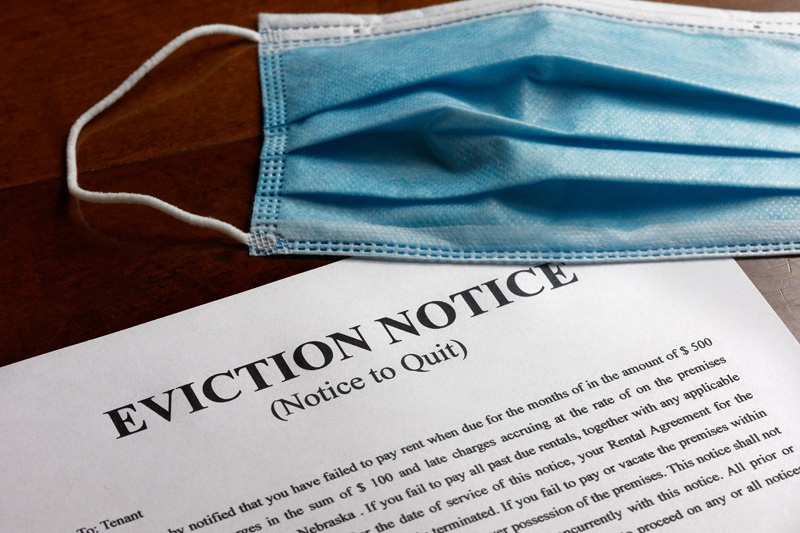During this unprecedented pandemic, the federal government, Florida government, and even local governments have taken unprecedented action to limit residential evictions, largely in an attempt to curtail the spread of COVID-19.
The federal government, acting through the CDC and HHS, previously issued an Agency Order limiting residential evictions. The Agency Order requires a tenant to submit a sworn document to the landlord to stop or prevent the eviction process. The document must contain specific information regarding a tenant’s income and employment status, among other things. The effectiveness of the Agency Order was recently extended through March 31, 2021.
Florida’s Governor first completely halted, and subsequently limited, residential evictions. Now, however, Florida has no state-law limitations on residential evictions in place.
Some local governments have implemented assistance programs for households facing eviction. For example, some cities and counties administer eviction diversion programs, which involves a contract between the local government, the tenant, and the landlord, aimed at keeping a family in place, and the landlord paid, through a certain period of time, or end of a lease term. Landlords and tenants should contact their city or county government to review available programs. Rent and utility payment programs may help families in need.
If you are faced with a difficult decision regarding a residential tenancy, it is important to understand that the objective of federal and state moratoriums is to minimize the spread of disease. Communication between the parties to the lease regarding the facts and circumstances related to a default must be carefully examined prior to taking action.
WHWW continues to monitor state and federal agency action regarding residential evictions. If you have questions regarding residential tenancies, please contact our office.


